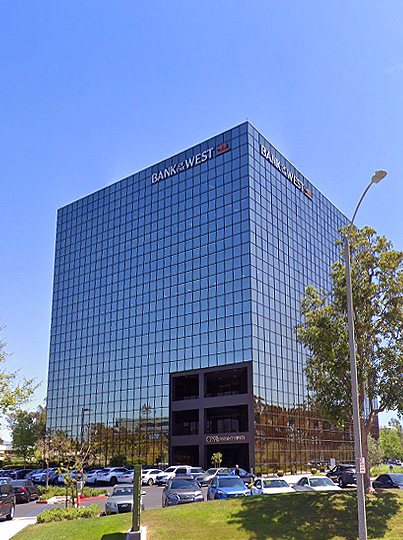Do You Want to Be a Better Communicator? Learn from a Trial Lawyer II

By Jim Ballidis
I recently wrote about a communication workshop I attended for four days. This was no ordinary workshop. It was intensive, and not focused on law, but relationships, and internal and external communication. I shared some insight on internal communication in the previous article, and how that can impact your communication. This note will reveal some insight I received on external communication: the impact on others.
We are communicating to effect some type of outcome, an outcome we want, right? One of the principles that was challenging to adopt at the workshop, held by Michael Bernoff, was “The meaning of communication is not what you say, it’s the response you get.” If you have an opportunity to take a Michael Bernoff seminar called HIT, do it. It will open your eyes to the subtle ways we can improve our communication – not just to better ourselves, but to better the world.
I realized that a change of focus, from my view to the view of the person I was speaking with, made all the difference. The workshop was experiential, meaning that we tested ideas and strategies out loud. Hands down, it is a game changer. Let me summarize one idea you and I can apply immediately.
When I have communicated in the past, I noticed the reaction of others. You probably do, too. But what if I waited to communicate my message until I understood when the other person was ready to hear me or see my point, or feel the impact of my idea? Let me explain.
If I am trying to gain insight into a version a witness gives of an accident, there are certain emotions moving the person. Identifying those emotions correctly, and considering whether they impede my intended communication, is crucial to getting good outcome.
Many people display emotions openly, and no one needs to look far to understand worry, fear, anxiety, joy, or comfort. But many of us also hide our emotions. We were told that we should not display them, or we are fearful that we will be judged for that emotion at that moment. The victim of a crime tries to be strong, but may feel weak. If you are not sure the emotional state of the other person, ask a simple question. Do not try to predict their emotion, as most people shut down if they are being told how they feel about something. Making a simple neutral statement can encourage more information exchange.
“I am glad we are sitting here face-to-face.” You are, because it is so much harder to see reactions over the phone.
“Can I get you something, water or coffee?” Watch to see if they are nervous, appreciative, or put at ease. Such a simple observation can be helpful.
“I am glad both of us were able to meet.” Consider their reaction. Is the person rushed, or uncomfortable?
When we ask these neutral, factually accurate questions, the other person’s state may be magically revealed, without them really considering it. Small talk relaxes us a bit, so we can turn off the protective shield. Salespeople employ this strategy to move the customer from annoyed at the interruption to receptive. When I am interviewing an accident witness, if he is in a state of anxiousness, my immediate questions about what he saw may increase his anxiety, whatever the cause. Instead, a couple of simple statements of factual observation can build rapport, and relax the other party. Once the anxiety has lessened, the witness may be more interested in sharing what he knows, and it is easier to communicate. How often have I dived into questioning witnesses, opponents, adjusters, or even my children, not first assessing their state? If I know the state of the other person, I can anticipate whether my communication will be effective. One last example.
If someone is drowning, they will not appreciate talk about the weather, right? That may be considered ridiculous, but play along for a minute. I know you reacted when you read that last line. I do not know what state you are now in – are you laughing, or feeling a bit irritated? I would prefer you to be in a different state than either, so let me say:
You took the time to read to this point, and are interested in communication. You want to recognize the subtle states that are inhibiting your communication as you intend it to be heard. Did my simple factual statement above increase the possibility my message was heard by you?
I hope you are well, and this helps you when communicating with others.
Even if you aren't sure you have a case, give us a call at (888) 752-7474, or fill out our Free Case Review below.
We are here to help.
 RSS
RSS


